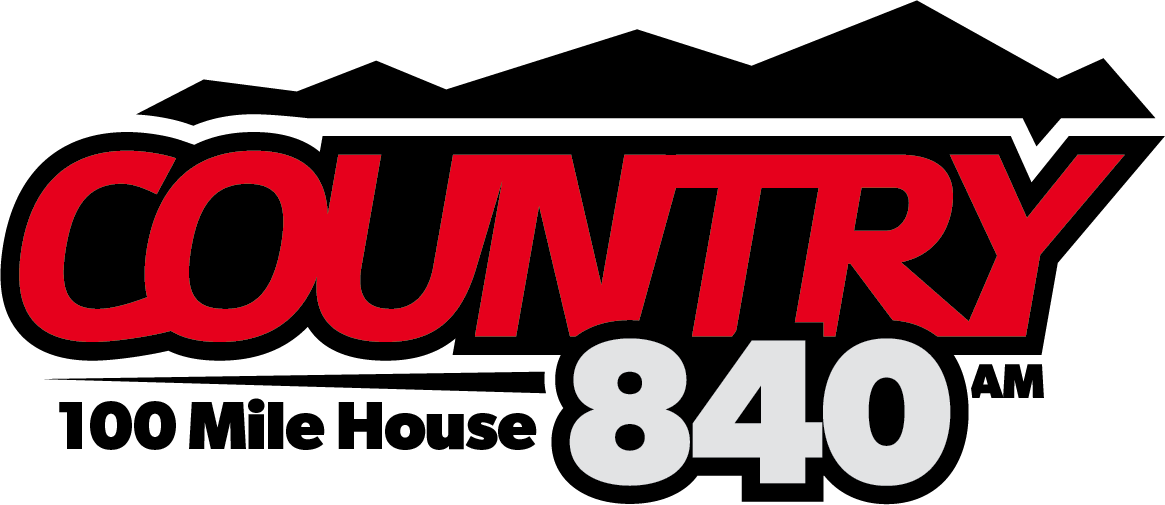The provincial and federal governments are providing 1.5 million dollars in funding to help farmers and ranchers prepare and adjust for climate change.
Kevin Boone, the General Manager of the BC Cattlemen’s Association, says the money covers 16 regional projects, including some that are province-wide.
“We utilize the funding for various things, workshops and trying to help with some information and educational packages, and it’s really designed to help food producers to cope with dry conditions and to help them maybe expand their practices or adjust their practices.
Boone says that might include what they’re growing, what operations they can do, how they manage their water supply in times of drought to help them get through.
He says it’s not a magic bullet, but it’s assistance to give them some background and opportunities to adapt to these changes when they’re happening.
Boone says one of the regional projects, worth 110 thousand dollars, is geared towards the Cariboo, Kootenays, Okanagan, and Thompson-Nicola regions.
“We look to regions where we have challenges on an ongoing basis and we try to do it in these places where we can do some targets on how we produce and how we graze or how we utilize feed.”
Boone says they are trying to extend the grazing periods later into the year.
“So that we’re using the grass where we don’t necessarily have to put it up in bales and we can develop it a little better in fall grazing opportunities, what we call more intensive grazing.”
Boone says they will restrict the cattle to a certain area at a certain time.
“What happens is if you move the cattle and you graze it to a certain extent in one area, and move it to another so they are off the stuff that was just grazed, it will grow back and come back quicker.”
Boone says it’s just a matter of managing the movement of cattle, or livestock, through the grazing season better.
He says the idea is to get optimum production and regrowth of that forage during and throughout the year.
Boone says they also do programs of bale grazing where they might roll up the bales but don’t move them off the field and they won’t tie them.
“We’ll let the cattle go in and we’ll use electric fencing or some sort of manner of restricting where they go. We’re not transporting the hay home, so we’re not burning diesel or gas to do that.
Boone says in some case they won’t even roll the hay up.
“We just swath it and put it into a scenario where the feed or forage will keep where it’s at, and the less we move the cattle the more efficient and the better use of that feed we have.”
Boone says they go through drought cycles and it’s just a matter of being able to do these different practices to adjust to the climate and conditions of the day and the year.
Something going on in the Cariboo you think people should know about?
Send us a news tip by emailing [email protected].









